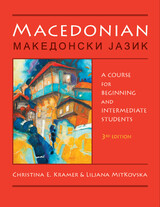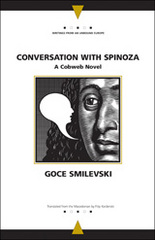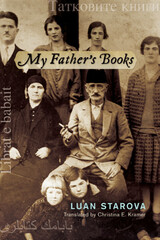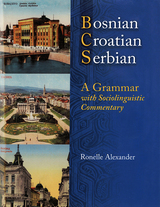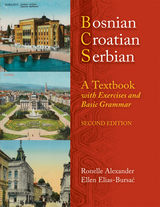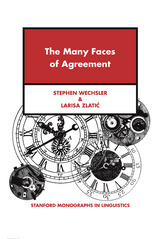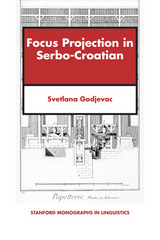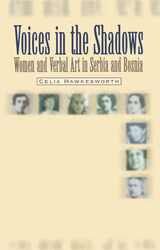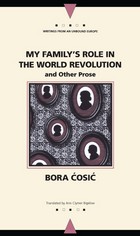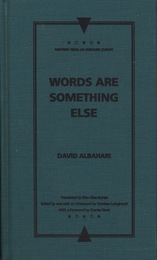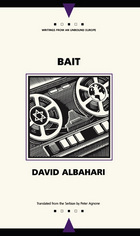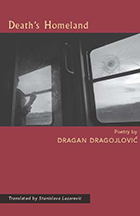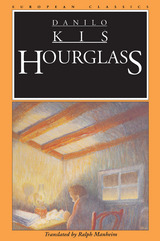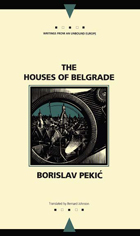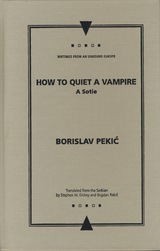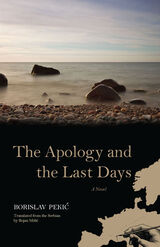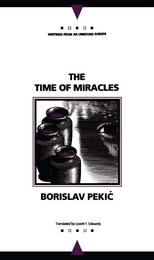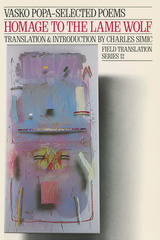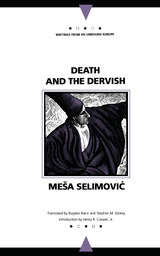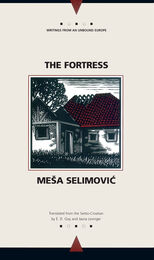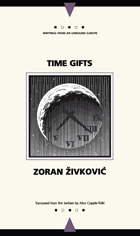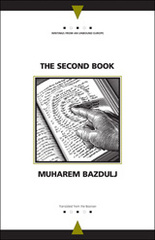Death's Homeland
Northwestern University Press, 2008
Paper: 978-1-931896-45-0
Library of Congress Classification PG1419.14.R25Z2413 2008
Dewey Decimal Classification 891.8215
Paper: 978-1-931896-45-0
Library of Congress Classification PG1419.14.R25Z2413 2008
Dewey Decimal Classification 891.8215
ABOUT THIS BOOK | AUTHOR BIOGRAPHY | REVIEWS | TOC | REQUEST ACCESSIBLE FILE
ABOUT THIS BOOK
Dragan Dragojlović's poetry captures the horror of the civil war and acts of genocide that ravaged his native Yugoslavia. He tells the truth in startling images and expresses the resilience of the human spirit even in the midst of despair. As he asks in one poem, "What are we to do with so much grief?"
See other books on: European | Poetry | Yugoslav War, 1991-1995
See other titles from Northwestern University Press

